A concept is stronger than a fact
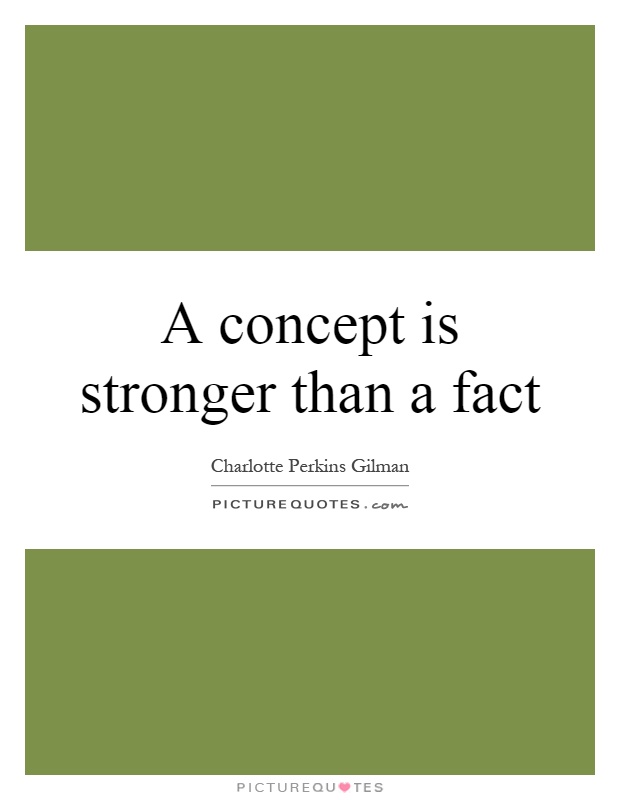
A concept is stronger than a fact
In the context of Charlotte Perkins Gilman, the idea that "a concept is stronger than a fact" holds particular significance. Gilman was a prominent feminist writer and social reformer in the late 19th and early 20th centuries, known for her groundbreaking work on gender equality and women's rights. Through her writing, Gilman challenged traditional gender roles and societal norms, advocating for women's economic independence, education, and autonomy.One of Gilman's most famous works, "The Yellow Wallpaper," is a prime example of how she used the power of concepts to convey her message. The story follows a woman who is confined to a room by her husband and prescribed a "rest cure" for her supposed nervous condition. As the woman becomes increasingly obsessed with the yellow wallpaper in the room, she begins to see a woman trapped behind the pattern, symbolizing her own confinement and oppression.
Through this powerful concept, Gilman effectively illustrates the damaging effects of patriarchal control and the importance of women's agency and self-expression. While the story may be fictional, the concept it conveys – the stifling nature of gender roles and the need for women's liberation – resonates as a universal truth that transcends mere facts.
Gilman's work demonstrates how concepts can be more impactful than facts in conveying complex ideas and challenging societal norms. By presenting her ideas through compelling narratives and vivid imagery, Gilman was able to provoke thought and inspire change in her readers. Her concepts of gender equality and women's empowerment continue to resonate today, highlighting the enduring power of her ideas.
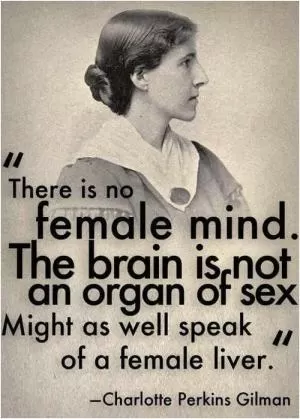
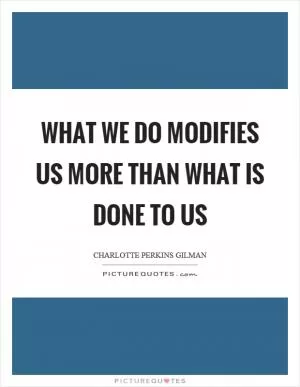





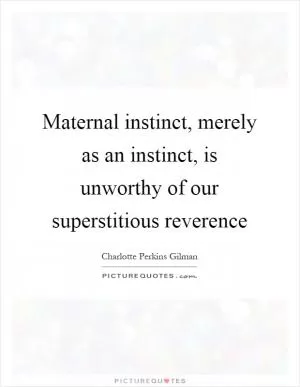

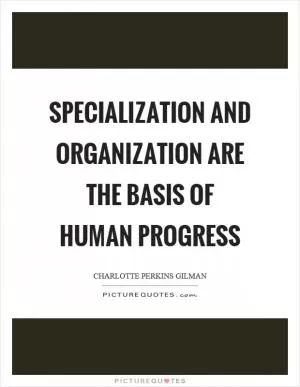


 Friendship Quotes
Friendship Quotes Love Quotes
Love Quotes Life Quotes
Life Quotes Funny Quotes
Funny Quotes Motivational Quotes
Motivational Quotes Inspirational Quotes
Inspirational Quotes